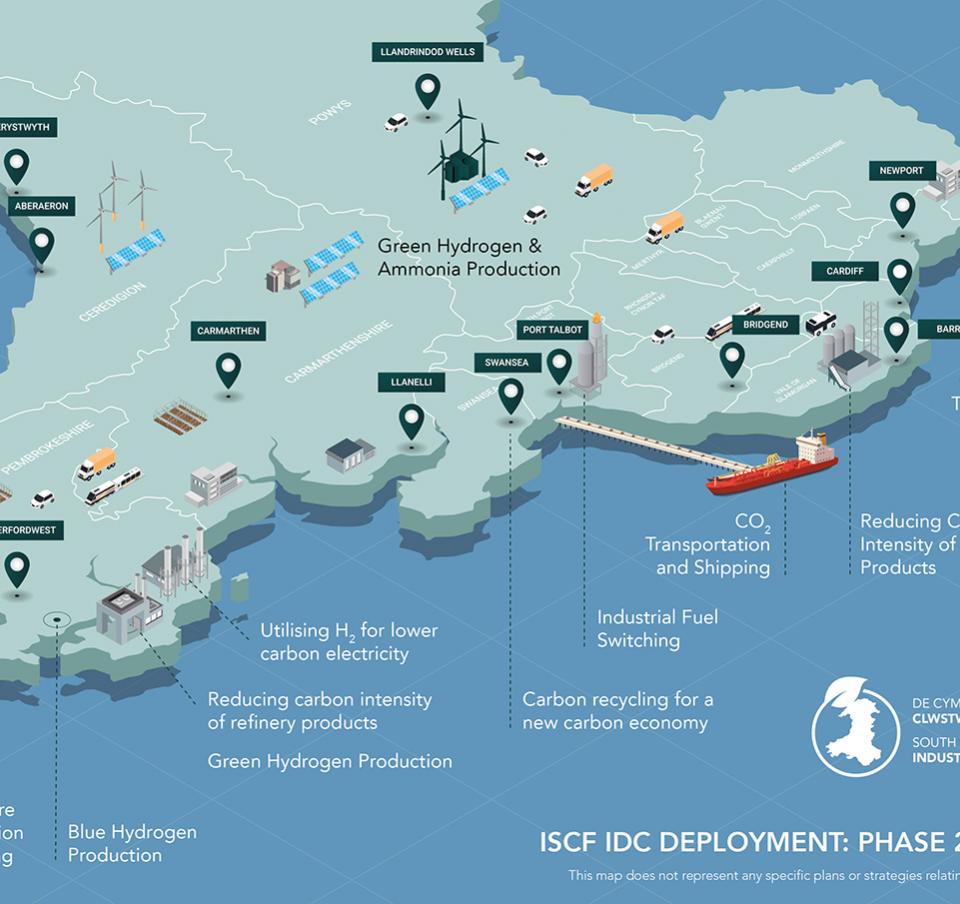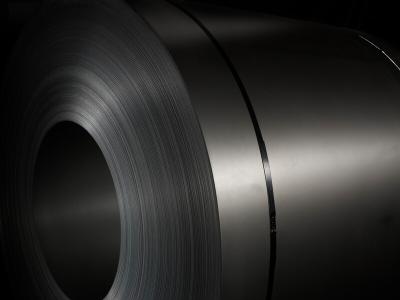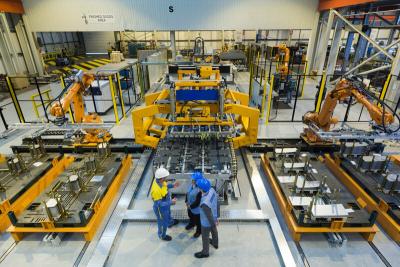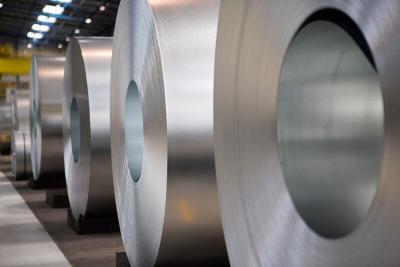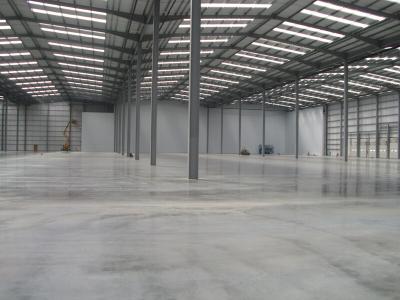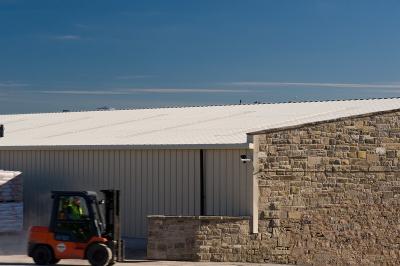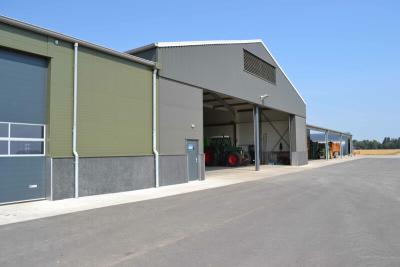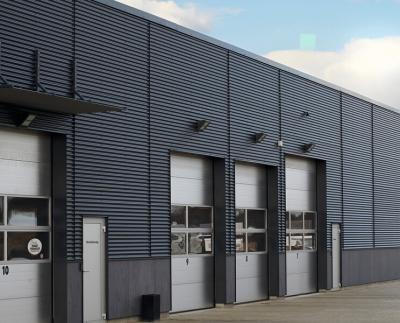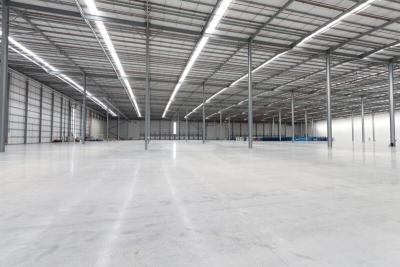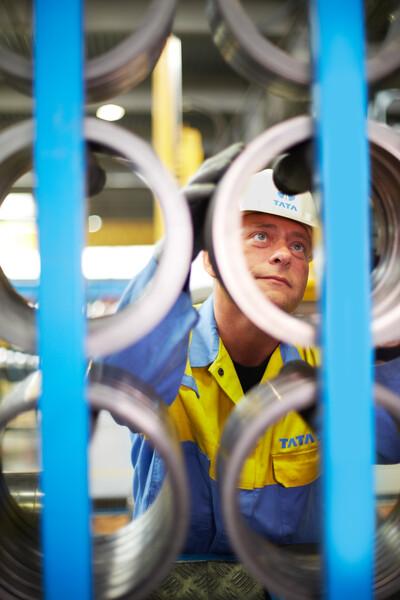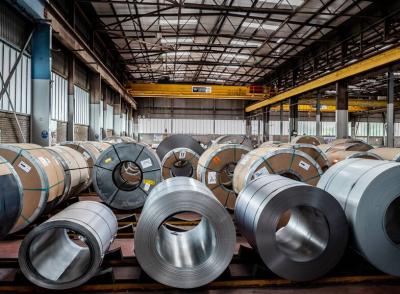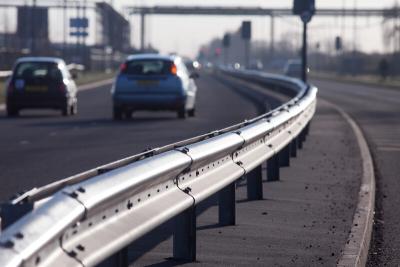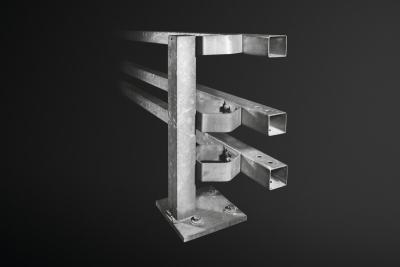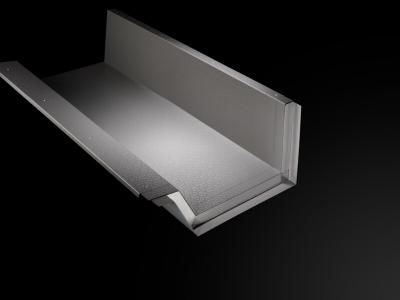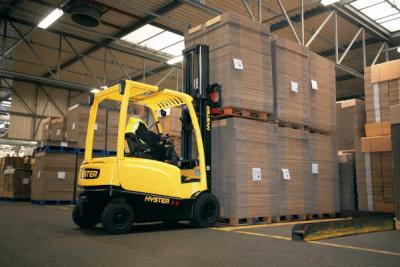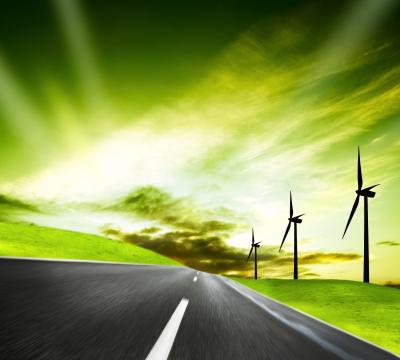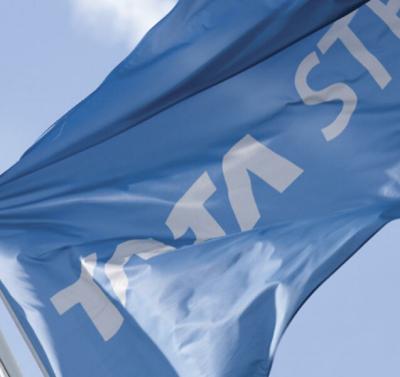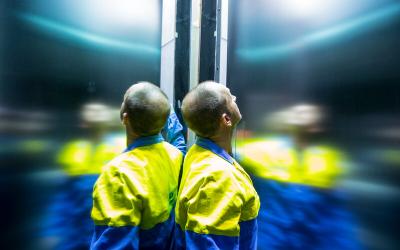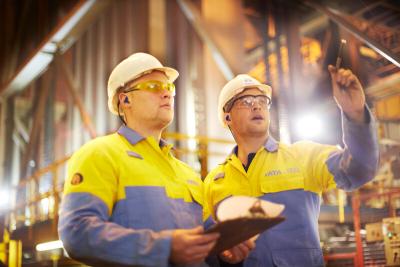The South Wales Industrial Cluster (SWIC) deployment project, which Tata Steel is a partner in, has been granted phase two funding of nearly £20m following successful completion of Phase One assessments looking at decarbonisation schemes and the infrastructure required for a hydrogen economy in South Wales.
Phase Two of the project involves engineering studies to explore the routes to decarbonisation, including the use and production of a hydrogen supply, carbon capture usage and storage (CCUS) and CO2 shipping from South Wales which would be the first CO2 shipping industry in the whole of the UK, and would create an entire new industry for the region.
Tata Steel will work with SWIC partners to identify how to access the necessary external infrastructure for decarbonisation such as CO2 transport and storage, low carbon electricity and hydrogen.
The project is supported by a range of partner organisations from the industrial, academic, law, public and private sectors working across the region to create the world’s first net zero emissions industrial zone. As well as contributing to the UK’s carbon reduction commitment, the project will enhance the UK’s ability to locally manufacture low or net zero carbon cement and steel products, helping to drive the low carbon future of UK construction and other sectors.
The scheme is aligned to the Government’s ten-point plan for a green industrial revolution, and will include the engineering studies into:
- The production and distribution of hydrogen from both renewable energy and imported LNG which is distributed by repurposing the existing gas network
- Cleaner electricity production using carbon capture and/or hydrogen-rich natural gas
- Industrial carbon capture, usage, and storage technologies along the South Wales coast as well as the transportation and shipping of CO2
- Large industry decarbonisation through fuel switching (substituting one energy source for a greener, cleaner alternative), process efficiencies and the production of cleaner transportation fuels.
Rob Philips energy sector director of Costain, which is leading the group, said: “The SWIC holds the potential to strengthen the economic resilience of Welsh industry and communities by ensuring operations in the region are sustainable for the long term. As lead for deployment, we will work with the partners to support investment decisions that will advance regional hydrogen deployment and develop Carbon Capture Usage and Storage to arrive at the best solutions for significant carbon reduction.”
Dr Chris Williams, head of industrial decarbonisation Industry Wales, said: “Our ambition in SWIC is to create a world leading truly sustainable cluster, so this deployment project, led by Costain and part funded by Innovate UK, will form an important step for us to realise that ambition. Each of our industries faces a transformational change to reach net zero. This project starts to develop the necessary low carbon power, hydrogen and CCUS infrastructure that will be so important to maintain and grow net zero industry in South Wales.”
Business and Energy Secretary, Kwasi Kwarteng MP, said: “We were the first major economy to put into law our target to end our contribution to climate change, and today we’re taking steps to be the first major economy to have its own low-carbon industrial sector. While reaching our climate targets will require extensive change across our economy, we must do so in a way that protects jobs, creates new industries and attracts inward investment - without pushing emissions and business abroad. Ahead of COP26, the UK is showing the world how we can cut emissions, create jobs and unleash private investment and economic growth. Today’s strategy builds on this winning formula as we transition low carbon and renewable energy sources, while supporting the competitiveness of Britain’s industrial base.”
For information on the UKRI announcement click here
-end-
For further information: Damien Brook on +44 (0)7818588545 or damien.brook@tatasteeleurope.com
About Tata Steel’s European operations
Tata Steel is one of Europe's leading steel producers, with steelmaking in the Netherlands and the UK, and manufacturing plants across Europe. The company supplies high-quality steel products to the most demanding markets, including construction and infrastructure, automotive, packaging and engineering. Tata Steel works with customers to develop new steel products which give them a competitive edge. The Tata Steel group is among the top global steel companies with an annual crude steel capacity of 34 million tonnes. It is one of the world's most geographically-diversified steel producers, with operations and a commercial presence across the world. The group’s turnover (excluding its South East Asia operations) in the year ending 31 March 2020 was US $19.7 billion.
